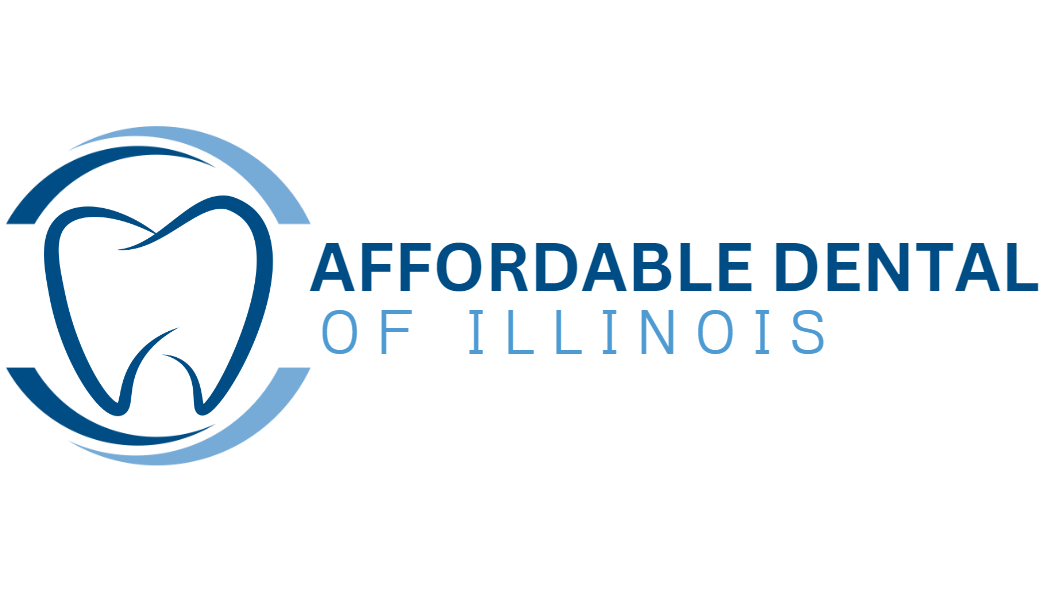Periodontal Disease
Gum Disease Diagnosis
Every year, millions of Americans are diagnosed with periodontal disease. Also known as gum disease, periodontal disease is a dangerous infection of the gums that can severely damage your health. In fact, periodontal disease is the most common cause of tooth loss. If you are experiencing any of the symptoms of periodontal disease, it’s time to schedule a periodontal examination at Affordable Dental Center.

What Causes Periodontal Disease?
Periodontal disease begins when plaque—a sticky bacterial biofilm—builds upon the surfaces of your teeth between meals. The bacteria in the plaque produce acids that can gradually damage your teeth. If you brush and floss regularly, you’ll remove the plaque and keep your teeth safe. When the plaque stays on your teeth, however, it eventually hardens into calculus, also known as tartar. This can irritate your gums, and you’ll soon begin to notice the symptoms of periodontal disease.
The Disease Has Three Distinct Stages:
The initial form of periodontal disease is characterized by red, swollen gums. The disease is still reversible at this stage.
If gingivitis is not treated, the gums start to recede and become infected. At this stage, the disease requires more extensive treatment.
The last stage of the disease may lead to irreversible effects. As periodontitis progresses, it can cause gum recession, tooth loss, and even jawbone loss.
What Are the Symptoms of Periodontal Disease?
Early diagnosis is essential for effective treatment, so it’s important to be alert to any possible symptoms of periodontal disease. Bleeding or swollen gums, chronic bad breath, teeth that feel loose, and gums that appear to be receding are all warning signs of periodontal disease.
How Is Periodontal Disease Treated?
Gingivitis can be treated through professional cleanings and more careful oral hygiene at home. Patients who have periodontitis will require a more thorough cleaning known as scaling and root planing. During this procedure, your dentist will carefully clean the spaces between your gums and teeth, and smooth out the surfaces of your tooth roots. If your receding gums do not heal themselves following the cleaning, you may require periodontal surgery to repair them.
Even after you have been successfully treated for periodontal disease, you will need to take additional steps to protect your oral health in the future.
In particular, you should schedule routine cleanings, during which your gums will be inspected for any signs of the disease, and calculus will be removed from your teeth to reduce your risk of another gum infection.
General dentistry covers all types of exams and screenings to keep you and your smile happy and healthy for longer. Every dental procedure starts with a proper exam and screening. Reach out to our office by calling 618-286-4400 at your earliest convenience!
